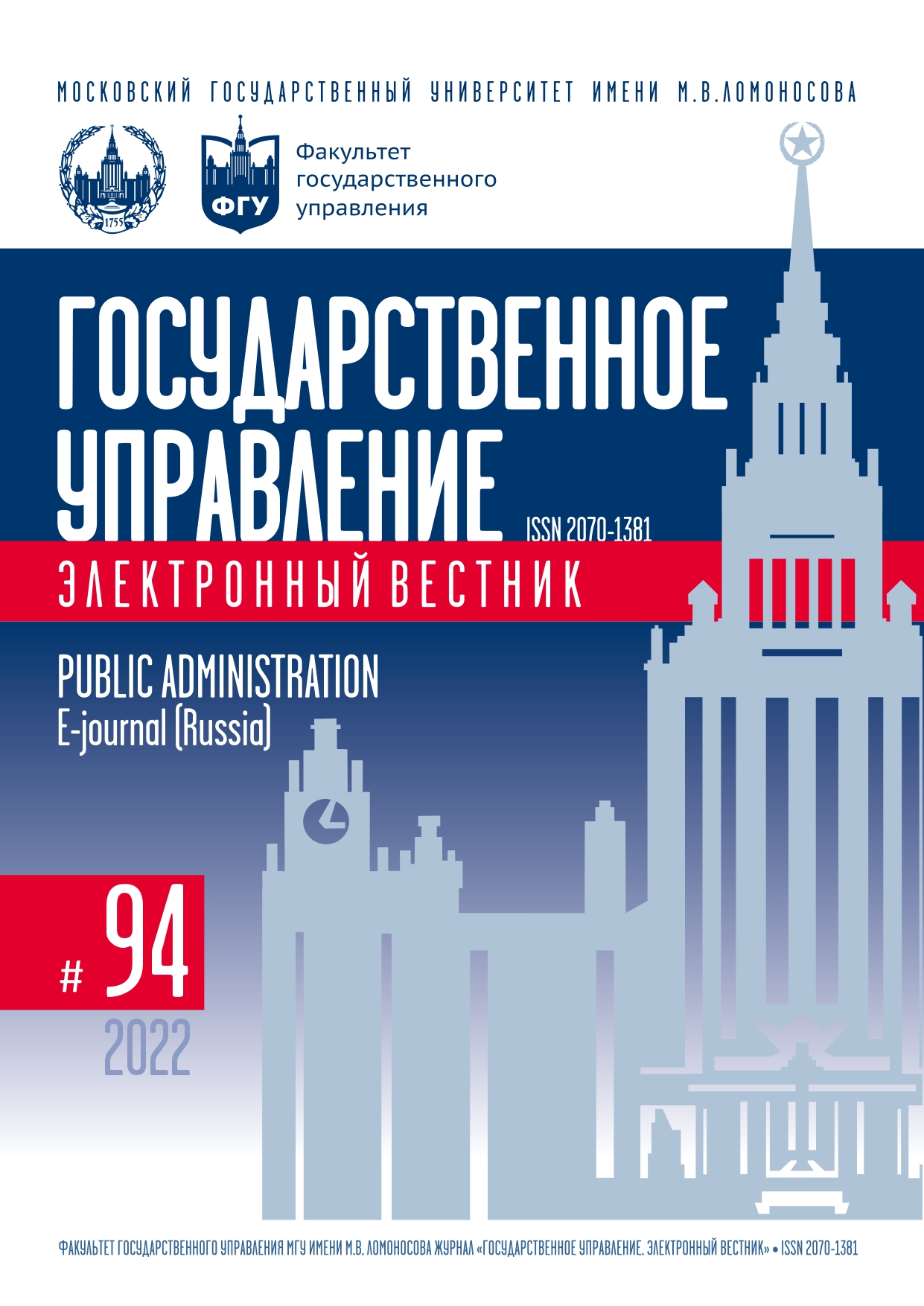Improving Regulation of School Student Learning Load in General Education Programs
Keywords:
General education programs, school student health, regulation of school student learning load, overload of school students, education management, quality of educationAbstract
There have been many efforts to regulate the learning load of children in general education programs, both in the Soviet education system and in the modern Russian system. At the same time, the problems of overloading school students and its negative consequences for children’s mental and physical health remain the subject of constant discussion and criticism, both from school students and their parents, and from teachers and health professionals. Evidences from past research and practice give reason to believe that an increase school student learning load above optimal levels, leads to multiple negative consequences. Firstly, there are negative learning outcomes — a decline in academic performance, failure to complete homework, a decrease in leaning motivation. Secondly, there are negative health consequences — an increase in the prevalence and severity of mental health diseases, increased fatigue, lower immune levels, and resistance to other diseases. Despite many years of efforts, a significant number of unresolved problems remain in the regulation of school student workload. These include gaps in the legislation and regulation; low quality, duplication and internal inconsistency of the legal norms regulating school student learning load; poor use of pedagogical innovations and novel methods to reduce school student learning load. The article presents the results of the analysis of the legislation in the Russian Federation covering legal regulation around school student workload, and the perspectives of teachers, parents, and school students themselves, on the problems of overloading school students. The article concludes with suggestions for improvements in the processes of regulation and management of school student workload, and optimization of education activities.
References
Выготский Л.С. Педагогическая психология. М.: Педагогика-Пресс, 1996.
Майоров А.Н. Мониторинг в образовании. М.: Изд-во «Интеллект-Центр», 2005.
Подлиняев О.Л., Шишарина Н.В., Ромм Т.А. Проблема гигиенической оценки педагогических технологий в общеобразовательной школе в контексте нейродидактики // Вестник Бурятского государственного университета. Образование. Личность. Общество. 2019. № 1. С. 63–70.
Хузиханов Ф.В., Мухаметдинова А.А. Изучение медико-биологических, медико-социологических и организационных факторов, влияющих на заболеваемость детей школьного возраста // Казанский медицинский журнал. 2018. Т. 99. № 3. С. 467–471. DOI: 10.17816/KMJ2018-467
Ben-Arieh A., Kaufman N.H., Andrews A.B., George R.M., Lee B.J., Aber L.J. Measuring and Monitoring Children’s Well-Being. Dordrecht: Springer Science & Business Media, 2001. DOI: 10.1007/978-94-017-2229-2
Sen A. Development as Freedom. New Delhi: Oxford University Press, 1999.

